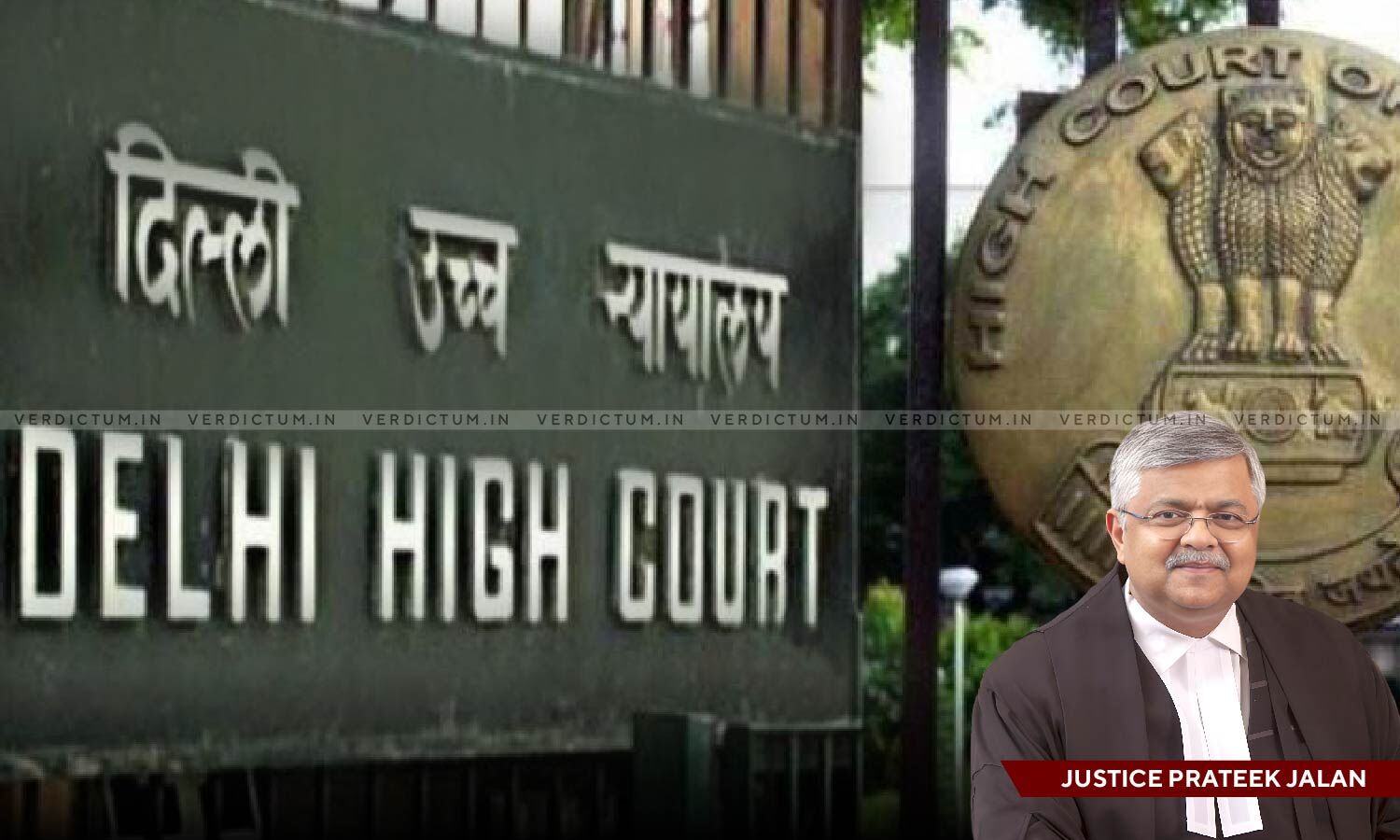Classification For Compassionate Appointments As Per Social And Economic Priorities Of Authority Permissible: Delhi High Court

The Delhi High Court has held that a classification made in accordance with the social and economic priorities of a public authority is generally permissible, unless found to be arbitrary or unreasonable.
The Court was considering a Writ Petition seeking direction upon CRIS to appoint the Petitioner on compassionate grounds, in place of his deceased father who died during the Covid-19 pandemic for reasons other than the pandemic.
The Bench of Justice prateek jalan observed, “I am unable to accept this contention. While discrimination and unequal treatment of equals, are certainly anathema to Article 14 of the Constitution, classification on the basis of intelligible differentia, bearing rational nexus to the objective is permissible. In State of Uttarakhand v. Sudhir Budakoti18, the Supreme Court has described the principles…”
The Petitioner was represented by Advocate Rahul Rohtagi, while the Respondent was represented by SPCG Abhishek Saket.
Facts of the Case
The CRIS in the counter-affidavit submitted that it has no policy for compassionate appointment and only a one-time authorisation was granted to the Managing Director of CRIS to make compassionate appointments to dependent family members of employees who had died due to Covid-19.
It was stated that deceased employee having died of causes other than Covid-19, the benefit of this authorisation could not be extended to his family. Counsel for the CRIS submitted that authorisation granted to the Managing Director was limited to the grant of compassionate appointment to dependents of employees who died in harness due to Covid-19, and the Petitioners’ case does not fall within the said category.
On the other hand, Counsel for the Petitioner submitted that the distinction drawn between dependents of employees who died due to Covid-19, on the one hand, and employees who died of other causes, on the other hand, is impermissible and the families of both employees are in similar positions, and similar benefits ought to be granted to each of them.
Reasoning By Court
The Court noted that the Petitioner has produced no further documents and therefore it was the accepted factual position that his father did not suffer from Covid-19.
The Court referred to two recent Supreme Court judgements in Tinku v. State of Haryana & Ors.2024 INSC 867and Canara Bank v. Ajithkumar GK, 2025 Insc 184 and observed, “It is evident from the above judgments that grant of compassionate appointment is an exception to the general principle that all public employment is subject to merit-based, open, and transparent competition. If an exception is carved out for the family members of employees who die in harness, such appointments are conditional upon existence of a policy for the purpose, and must be made strictly in accordance therewith.”
Further citing State of Uttarakhand v. Sudhir Budakoti, the Court observed, ” While discrimination and unequal treatment of equals, are certainly anathema to Article 14 of the Constitution, classification on the basis of intelligible differentia, bearing rational nexus to the objective is permissible.”
It held that held that a classification made in accordance with the social and economic priorities of a public authority, is generally permissible, unless found to be arbitrary or unreasonable.
“On the touchstone of the principles of classification noted above, I do not find the differentiation to be either unintelligible, or divorced from the policy objective. The egregious effects of the Covid-19 pandemic are all too well known. Public authorities responded to the exceptional circumstances of the pandemic by way of specially tailored ameliorative measures. The step taken by CRIS was, in my view, well within its powers to address the particular situation thrown up by the pandemic. I do not discern any unreasonableness or arbitrariness in providing compassionate appointments to Covid-affected families, without extending it to dependents of all employees dying in harness, regardless of the cause of death. An extension to other employees would doubtless have financial implications. The differentiation was, therefore, on intelligible criteria and bore an obvious nexus with the policy objective of providing relief to those who suffered due to the pandemic,” the Court observed.
The Petition was accordingly dismissed.
Cause Title: Abhishek & Anr. vs. Union of India and Others (2025:DHC:5524)
Appearances:
Petitioner– Advocate Rahul Rohtagi
Respondent– Spcg Abhishek Saket, Advocates Manish Madhukar, Abhigyan, Chandan Kumar, Vikram Sharma
